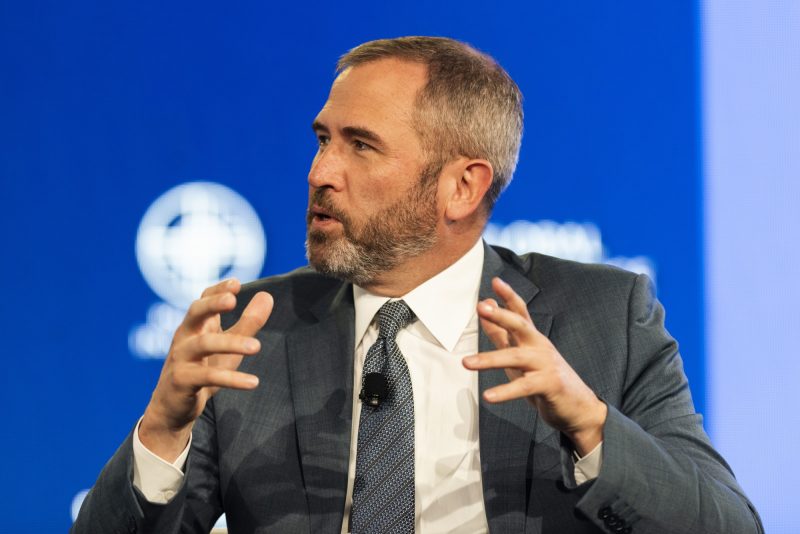Ripple CEO Brad Garlinghouse shared a personal encounter with the U.S. government’s growing scrutiny of the crypto industry, revealing that Citigroup severed his 25-year banking relationship due to his high-profile role in the crypto space. Speaking at DC Fintech Week, Garlinghouse highlighted the challenges faced by crypto executives and companies in maintaining banking ties as regulatory pressures mount.
“De-Banked” by Citi After 25 Years
Garlinghouse recounted his experience of being “de-banked” by Citigroup, which gave him only five days to move his funds. He explained that Citigroup was transparent about their decision, citing his prominence in the crypto industry as the reason for the heightened regulatory scrutiny they would face by keeping him as a customer.
“They said, ‘You have five days to move your money,'” Garlinghouse told the audience, adding that the bank’s reasoning was simple: “Notable people in crypto mean more scrutiny from federal regulators.”
Wider Implications for the U.S. Crypto Industry
Garlinghouse’s story echoes the broader struggles within the U.S. crypto industry, where companies and individuals face difficulties in maintaining banking relationships as regulators like the Securities and Exchange Commission (SEC) and Office of the Comptroller of the Currency (OCC) urge banks to limit their involvement with digital assets. He criticized the Biden administration, particularly SEC Chair Gary Gensler, accusing them of being hostile toward the crypto sector. Garlinghouse described Gensler’s leadership as a “reign of terror” and expressed hope for better crypto policies after the upcoming U.S. presidential elections.
“No matter what happens, we’re going to see a reset,” he predicted, suggesting that future regulatory appointments under the next administration will significantly shape the U.S.’s stance on cryptocurrency. Garlinghouse also hinted at the inevitability of an exchange-traded fund (ETF) pegged to XRP, Ripple’s native token.
Political and Regulatory Landscape
Ripple and Garlinghouse have been key backers of the Fairshake political action committee, a pro-crypto group actively influencing the 2024 U.S. elections. While Garlinghouse expressed frustration with current regulatory hostility, he remained optimistic about the future of crypto policy in the U.S., regardless of which political party takes power. He emphasized that key appointments to agencies like the SEC, Treasury, OCC, and Commodity Futures Trading Commission (CFTC) will provide insights into the direction of crypto regulation.
“When we look back on this period of time in the United States as it relates to crypto, it’s going to look like a speed bump,” he said. Despite his confidence in a more favorable future for crypto, Garlinghouse advised startups to consider incorporating outside the U.S. due to the regulatory uncertainty.
“I hate saying that,” he admitted. “But there’s too much uncertainty about protecting a company from being sued by U.S. regulators, as Ripple was by the SEC.”
